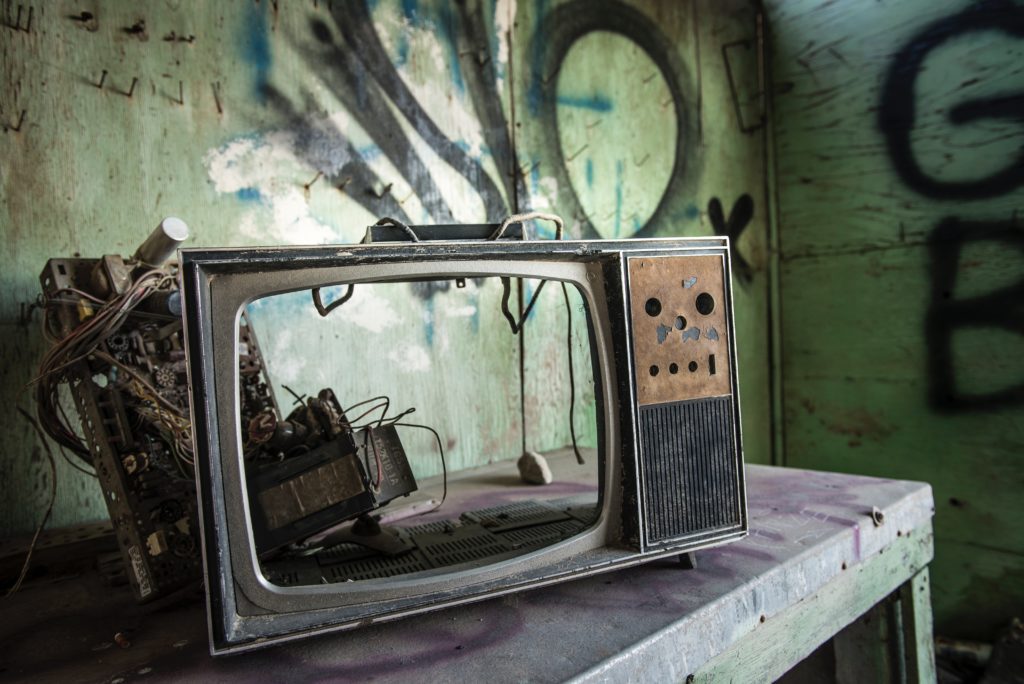The circumstances surrounding the Hawaiian and Japanese ‘pseudo’ missile crises were eerily similar. Both false alerts took place within a couple of days of each other; both were – reportedly – the result of human error; and finally, because of escalating tensions with North Korea, the possibility of a missile attack was not out of the realm of possibility for either, which generated widespread fear.
While there were some mild differences in the development of these events, e.g. one alert was erroneously sent through a state emergency management system and the other via the state television network, one of the most important disparities existed in the realm of communication.
Both scenarios are equally terrifying, but the short-term and long-term fear was and will be more magnified in Hawaii because of the state’s failed emergency communication management – namely public preparedness, messaging, response time and accountability.
- Public Preparedness:
In an opinion piece for TIME, Dr. Redlener, director of Columbia University’s National Center for Disaster Preparedness, points out that there were two major reactions to Hawaii’s false alert: panic and lack thereof. While many ran hysterically through the streets, many others astoundingly shrugged it off as a mistake or accepted the reality and their inability to do anything about it.
As Redlener says, “Those two reactions — panic-driven chaos and fatalistic complacency — show the utter failure to educate the public about what to do in the event that a nuclear detonation has occurred or is imminent.”
Indeed, one of the biggest catastrophes to ensue from this situation is one that could have been handled prophylactically… Japan has J-alert in place to help manage citizens during such an attack, and the country has held “staged emergency drills, phone alerts and evacuation training as well as issueing a four-page survival guide in the form of a manga comic titled In Case a Missile Fires Over.
Had the Hawaiian people known what to do, their reaction would likely have been less chaotic and the trauma less severe.
- Messaging:
With the aforementioned point in mind, let’s look at the verbiage of the actual alerts.
The Japanese, who are (evidently) more prepared to handle an emergency missile situation, received the following alert: “A missile was reportedly fired. Please stay inside your building or evacuate to the basement.”
Now, let’s look at the false Hawaiian alert: “BALLISTIC MISSILE THREAT INBOUND TO HAWAII. SEEK IMMEDIATE SHELTER. THIS IS NOT A DRILL.”
Notice how the former uses calmer language and provides specific directions – versus a dramatic problem with a generalized solution.
Words and tone matter. Always.
- Response:
The Hawaii Emergency Management System took 38 minutes to issue a correction, even though the governor knew of the mistake 2 minutes after the alert was sent. The Japanese media outlet, conversely, redacted the alert within minutes and readily explained why the error was made.
A situation like this should not be perceived as taken likely, much less put on the back burner. If leaders fail to take control immediately and ease the concerns of their citizens through direct, honest communication, the result will undoubtedly be confusion, lack of trust and perceived incompetence.
- Accountability:
Finally, while the state of Hawaii attributed the false alert to “human error,” the real problem has less to do with a specific individual and more to do with a weak system with limited security and lack of protocol.
Why is there not a two-to-three-person check system in place? One person should not be granted that responsibility in the first place, and whoever has such authority should not be putting its passwords on Post It notes.
Thankfully, one of the most severe possible outcomes was averted. William J. Perry pointed out in Politico, “What happened in Hawaii is a new manifestation of an old problem. For decades, Cold War policymakers worried that a false report of missiles flying might prompt a leader to launch real missiles in retaliation.” It’s terrifying to imagine that human error could have prompted retaliation from North Korea that would have devastated the entire world.
As of this weekend, the House Energy and Commerce Committee is exploring national safety communications and further investigating the false alert. It is imperative for the state of Hawaii to be an active, engaged participant in this process to restore faith it its leadership. This is a long-term game though. Credibility is not going be re-established overnight. The process requires time, thorough research, a detailed plan, and careful, deliberate communication – thankfully they are starting now.


